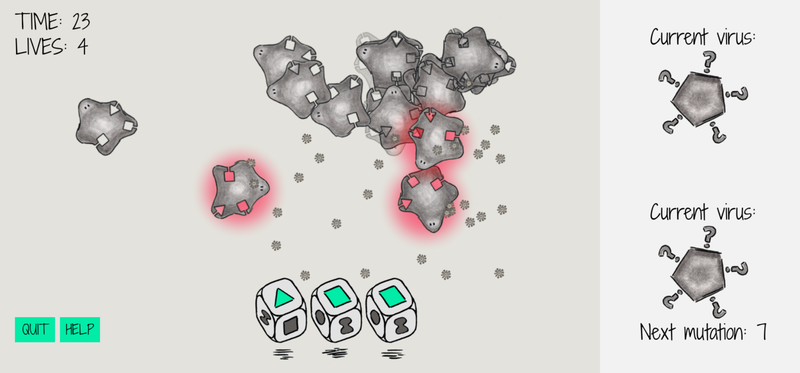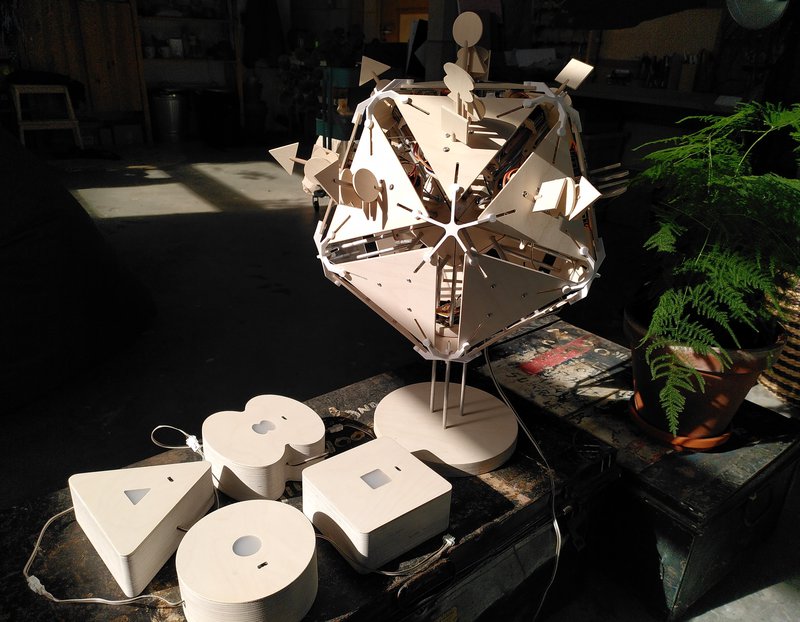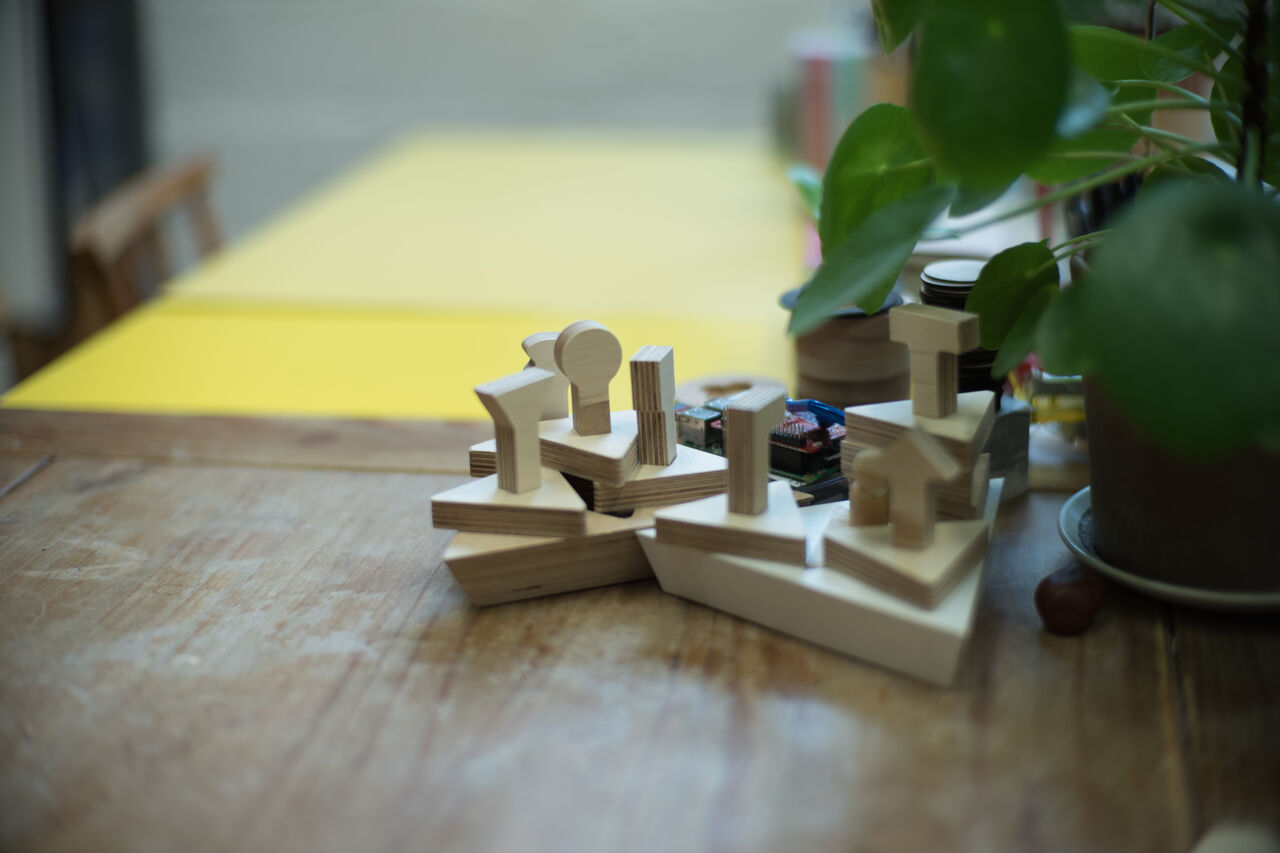Viruscraft
Co-founder of Then Try This on using games to connect disparate groups and individuals with experts, before and during a viral pandemic.
Excerpts gleaned from the interview Recovering Experts, published on FoAM’s blog.
When You Get People Together They’re All Worried About the Same Stuff

MW: I have a question about the game Viruscraft II that you all were coming up with right before the Covid-19 pandemic started. Viruscraft II is a game and installation for understanding how viruses co-evolve with their hosts, made in collaboration with Dr. Ben Ashby at the University of Bath. See also: Viruscraft, combining tangible interfaces, craft and computer games to explore the work of evolutionary biologist Dr. Ben Longdon. Did you see that game having an effect on how people handled the pandemic situation in the beginning?
DG: At the height of the lockdown, we did a couple of Zoom sessions where we sent out the game as a link, asking people to try it and give us feedback about how it changed how they thought about viruses. And then as a kind of opportunity when they’d done that, if they did that, was to then meet the two virologists that we were working with and ask them any questions they wanted about viruses. Another researcher had lots of really techy questions about their particular research. But we had some sceptical people, some vaccine sceptics and people who were a little bit unsure about it all, and that was really good to be able to get them all in the same space and asking questions. And actually just to ask people who work on viruses all of their life, and say, “Are you washing your fruit and vegetables when you buy stuff at the shops?” And then they’d go into sort of, “Well, yeah, I started off doing that but now I can’t be bothered, and…” *laughs*

The one we did before the pandemic, it was really good as a way of getting kids to be playing something together. We went to a science festival, we had loads of families, all the kids playing it and all the parents asking us about vaccination. To be like, “I’m not really the person to ask, but this person here is! That’s their job.” And you could kind of make a space for those conversations to happen. So lots and lots of worried parents at that point asking about — this was before COVID — the ramifications of the different vaccinations they’re supposed to give their kids, and worrying about that. It’s just creating a space where the kids are occupied, there’s lots of worried parents, and then there’s some researchers who can sort of be the voice of some kind of information.

MW: That really seems to be the overarching theme of your work — bringing disparate groups and individuals together and prompting conversations that wouldn’t all otherwise have the opportunity to happen.
DG: I think so, yeah. And I think that’s something that is a cause of a lot of problems, a lot of, more and more, divisions between people that, you actually get them together and they’re all worried about the same stuff.
🝓